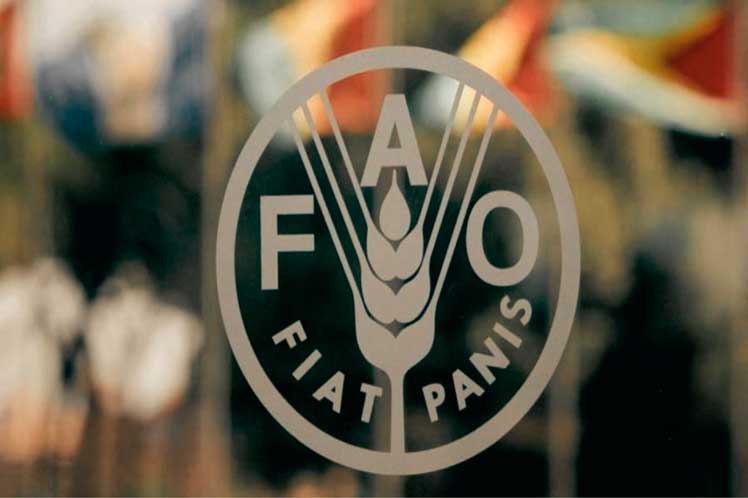An article published by the UN Food and Agriculture entity addresses the urgency of changes in current ways in agri-food production to others more friendly with the environment and which at the same time enhance food security and nutrition as well as allow the increase in the income of farmers and other actors in the value chain.
FAO shows how, since the establishment of GIAHS, aimed at “agri-ecosystems in which communities live in close relationship with their territories”, these changing agricultural systems “are resilient and based on traditional knowledge and cultural values not to be ignored”.
It also establishes that agro-biodiversity and landscapes of these areas are sustainably managed by farmers, shepherds, fishermen and people who depend on forests, thereby also contributing to their livelihoods and food security.
The UN specialized agency detailed the advantages of GIAHS in the agri-food systems of Ifugao, the Philippines; Noto Peninsula, Japan; Aohan, China; Andes Mountains, Peru; and Souf, Algeria.
For instance, the Cusco-Puno corridor, 350 kilometers long in Andean mountain range of Peru, is home to thousands of indigenous Quechua and Aymara farmers, who work the land with traditional agricultural practices, knowledge and rites passed on from their ancestors.
Families in the area set and keep terraces, local irrigation systems and agricultural production ways adapted to different altitudes, FAO article points out.
GIAHS favored “agrobiodiversity zones” throughout the country to value agricultural biodiversity and recognize peasant and indigenous communities that preserve native species and wild variants of corn, potatoes, quinoa and beans, among others.
Currently, based on financing from the Global Environment Fund, the UN entity promotes in the South American nation, as a follow-up to the recognition of GIAHS, a project to help communities keep agrobiodiversity through sustainable management, opportunities for marketing and preservation.
pgh/lcr









